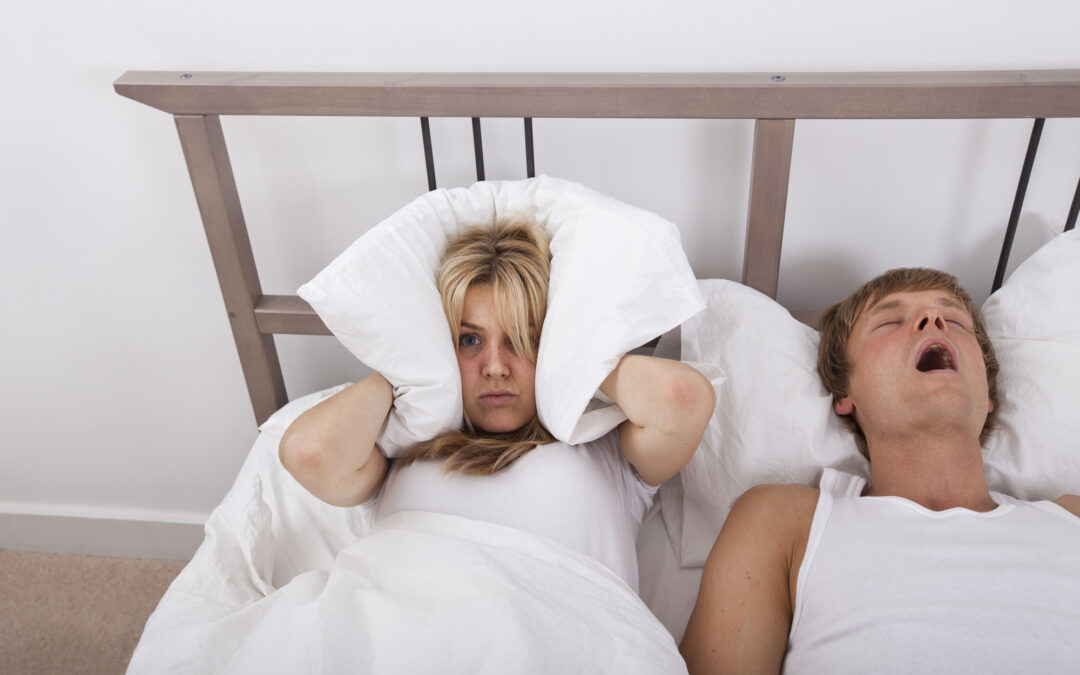Snoring, often dismissed as a mere nuisance in shared bedrooms, has long been associated with relationships. Yet, what about those who sleep solo? Are they exempt from the annoyance of their own nocturnal symphony? In the world of single individuals, the question arises: does snoring matter if there’s no one to hear it? This article delves into the science behind snoring, the impact it can have on single individuals, and the burgeoning market of anti-snoring devices.
The Science of Snoring
Snoring is more than just an irritating noise; it’s a physiological phenomenon. It occurs when the flow of air through the mouth and nose is obstructed during sleep, causing tissues in the throat to vibrate. Factors such as obesity, alcohol consumption, nasal congestion, and sleep position can exacerbate snoring. While snoring is often harmless, it can indicate underlying health issues such as sleep apnea, a condition characterized by pauses in breathing during sleep.
Snoring and Singlehood
For single individuals, the repercussions of snoring may seem less pressing without a partner to disturb. However, snoring can still affect sleep quality and overall well-being. Even in the absence of a bedmate, snoring can lead to fragmented sleep, daytime fatigue, and decreased cognitive function. Furthermore, chronic snoring has been linked to cardiovascular problems and an increased risk of stroke. Thus, single individuals should not dismiss snoring as inconsequential simply because they sleep alone.
Anti-Snoring Devices
The rise of anti-snoring devices continues as awareness of the health risks associated with snoring grows, so too does the demand for solutions. The market for anti-snoring devices has expanded rapidly in recent years, catering to both partnered and single individuals alike. From nasal strips and mouthpieces to specialized pillows and chin straps, there is no shortage of options available to combat snoring.
One of the most popular anti-snoring devices is the continuous positive airway pressure (CPAP) machine. This device delivers a steady stream of air through a mask worn over the nose or mouth, preventing airway collapse during sleep. While CPAP therapy is highly effective, its bulky design and noise can be off-putting to some users, particularly those who sleep alone.
For single individuals seeking a less intrusive solution, mandibular advancement devices (MADs) offer a discreet and customizable option. These oral appliances work by repositioning the lower jaw and tongue to keep the airway open during sleep. MADs are often preferred by those who find CPAP machines uncomfortable or cumbersome.
Nasal dilators, another popular choice, are small devices inserted into the nostrils to improve airflow and reduce snoring. These non-invasive devices are ideal for individuals who suffer from nasal congestion or allergies. Similarly, tongue stabilizing devices (TSDs) work by holding the tongue in place to prevent it from obstructing the airway.
The Future of Anti-Snoring Technology
As technology advances, so too do innovations in anti-snoring devices. From smart pillows equipped with sensors to wearable devices that monitor sleep patterns, the future looks promising for snorers seeking relief. Additionally, advancements in telemedicine allow individuals to undergo sleep studies and receive personalized treatment plans from the comfort of their own homes.
While snoring may seem like a minor inconvenience for single individuals, its impact on sleep quality and overall health should not be underestimated. As the prevalence of snoring continues to rise, so too does the demand for effective solutions. Whether through traditional methods such as CPAP therapy or innovative devices like smart pillows, there are countless options available to help individuals sleep soundly, whether alone or with a partner. So, if you’re a single person wondering if you’re a snorer if there’s no one to hear you, remember: the importance of a good night’s sleep knows no bounds.


Recent Comments